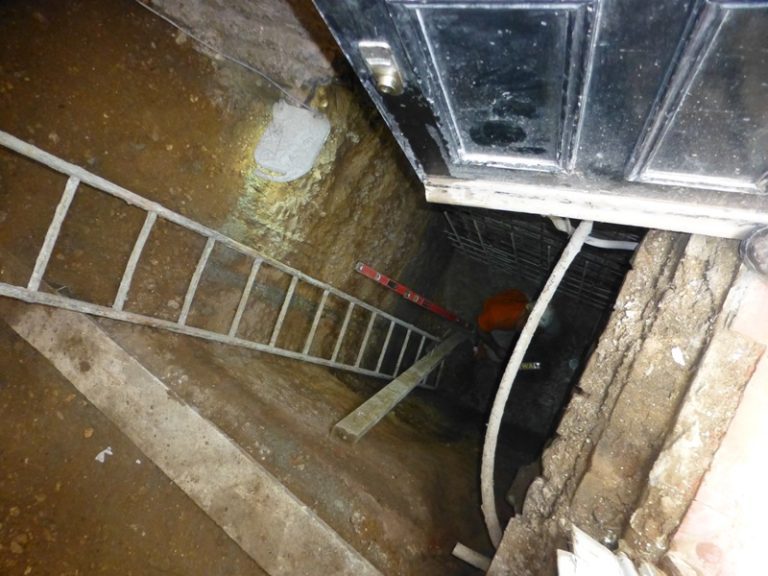©Bloomberg Britons gathering round the television to watch the results of Thursday’s referendum on EU membership are set to trigger the biggest spike in night-time electricity demand ever seen in the UK, according to National Grid. The company that runs Britain’s electricity network has told the Financial Times it is preparing for a huge surge in power usage as the country stays up to watch the results of the historic vote. More On this topic IN UK Politics & Policy The grid is currently preparing for an extra 1,200 megawatts of demand — roughly equivalent to an extra Birmingham on the system — and enough to require two extra power stations to keep running. Jeremy Caplin, energy forecasting manager at National Grid, told the FT: “By one o’clock in the morning, this will possibly be the biggest night-time jump we have ever seen. It is certainly going to make our lives more interesting.” The previous biggest night-time surge in electricity demand came during the opening ceremony of the 2012 London Olympics, which was watched by a peak of 27.3m people in the UK. But Mr Caplin said he expected the night of the referendum to exceed that, with Britons tuning in to see the results of what could be one of the most significant votes in British electoral history. “We usually see a spike in demand at general elections — last year we saw 900MW,” he said. “But this is a once-in-a-generation event.” National Grid’s data on the UK’s electricity demand has often given a glimpse into the attitudes and changing habits of British people. For example, the company has historically had to cope with sudden spikes in demand during advertisement breaks in popular programmes, which sent Brits rushing for their kettles. Those spikes are becoming less frequent however, as more people watch at different times online or on catch-up services. We usually see a spike in demand at general elections — last year we saw 900MW,” he said. “But this is a once-in-a-generation event. – Jeremy Caplin, energy forecasting manager at National Grid The company’s data can even give a sense of the kind of people who watch each programme. The fact that there are still spikes during Downton Abbey, for example, tells the grid that it is watched by an older audience which likes to sit down to watch when the programme is aired. The relative lack of such jumps during Game of Thrones shows it attracts a younger audience, many of whom catch up on their devices later. The referendum results are one of the increasingly rare events that will be watched live by a significant proportion of the country, according to the company. But Mr Carlin insisted it was ready for all eventualities. “We don’t know when the result will become clear, which means we have to try and make sure generators can easily turn down or switch off if needed,” he said. “And if it is really close and the result is not announced until the following morning, we could see a drop in demand as people decide to stay in and carry on watching rather than put the kettle on and get ready for work.” ————————- Brexit? In or Out ©Jonathan McHugh What a British divorce from the EU would look like How any break-up is carried out will have a huge impact on Britain for generationsThe economic consequences of Brexit Three very different outcomes of a British vote to leave the EUWhat would Brexit mean for the City of London? There is a clear split over how a vote to leave would shape the capital’s future as a financial centreWhat the City stands to lose and gain from Brexit Sectors such as foreign exchange trading have boomed during EU yearsWhat has the EU done for the UK? The long-running debate over the economic benefits of membership remains unresolved ————————- Copyright The Financial Times Limited 2016. You may share using our article tools. Please don’t cut articles from FT.com and redistribute by email or post to the web. Source link





